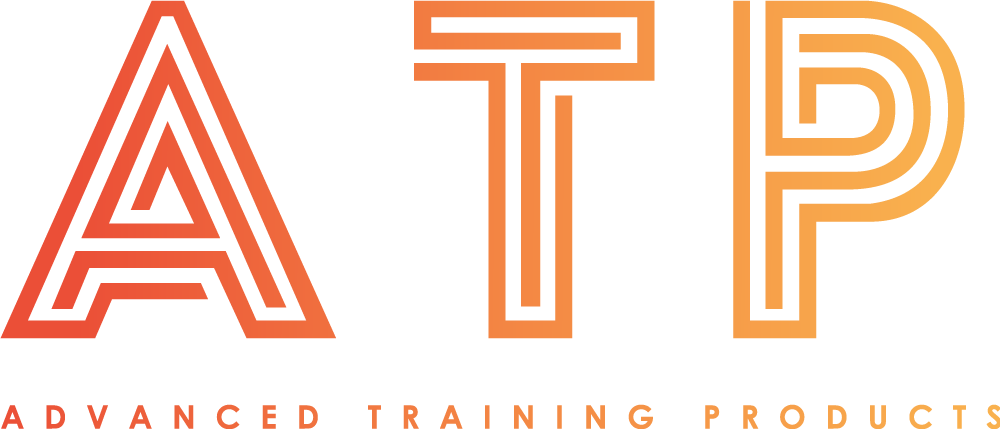White Papers and Press Releases
At Advanced Training Products, we're committed to empowering organizations with the knowledge and tools they need to create safer, healthier workplaces. Our thought leadership resources provide valuable insights into a range of topics, including:
- Total Worker Health® initiatives
- Workplace impairment prevention
- Reasonable suspicion protocols
- Cannabis legalization and its impact on the workplace
Stay informed and stay ahead with our expert analysis and actionable advice.
Keep up with the latest industry news through our press releases below.
Integrating Impairment Awareness Into Onboarding and Training: Cultivating a Culture of Prevention and Well-Being
The Significance of Integrating Impairment Awareness into Onboarding and Training: Incorporating impairment awareness into onboarding and ongoing training programs serves several critical purposes.
- Establishing Expectations and Policies: Onboarding provides an opportunity to instill a clear understanding regarding impairment of the commitment to workplace safety and policies.
- Early Identification and Prevention: Training empowers employees to recognize signs of impairment in themselves and their colleagues, enabling early intervention and prevention of escalation.
- Reducing Stigma and Misconceptions: Addressing impairment openly helps dispel stigma and misconceptions, promoting a culture of understanding and support.
- Compliance and Due Diligence: Integrating impairment awareness into training demonstrates a commitment to legal compliance and due diligence in addressing workplace impairment-related issues.
Core Components of Impairment Awareness Training: Effective impairment awareness training should encompass key components.
- Defining Workplace Impairment: Give a comprehensive overview of workplace impairment, including its causes, manifestations, and potential impacts on safety, productivity, and employee well-being.
- Recognizing Signs of Impairment: Train employees to identify signs of impairment, including physical, behavioral, and performance-based indicators.
- Importance of Early Intervention: Emphasize the importance of early intervention in addressing impairment concerns, highlighting the benefits of seeking support early on.
- Organizational Policies and Procedures: Review the organization's policies and procedures related to impairment, ensuring clear understanding and consistent application.
Ongoing Training and Reinforcement: Effective impairment awareness training is an ongoing process that requires reinforcement beyond onboarding.
- Regular Refresher Training: Provide periodic refresher training to reinforce key concepts and address emerging trends or legal updates.
- Communication Campaigns and Reminders: Utilize internal communication channels to disseminate information, promote awareness, and provide reminders about impairment-related resources.
- Feedback and Evaluation: Gather feedback from employees on the effectiveness of impairment awareness training and use it to refine and improve programs.
Certain states like New Jersey have established the role of the Workplace Impairment Recognition Expert ("WIRE") to help address these issues. Advanced Training Products offers an innovative solution: WIRE Certified Training™.

